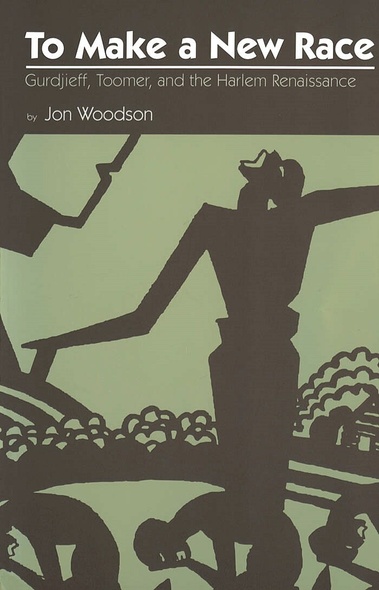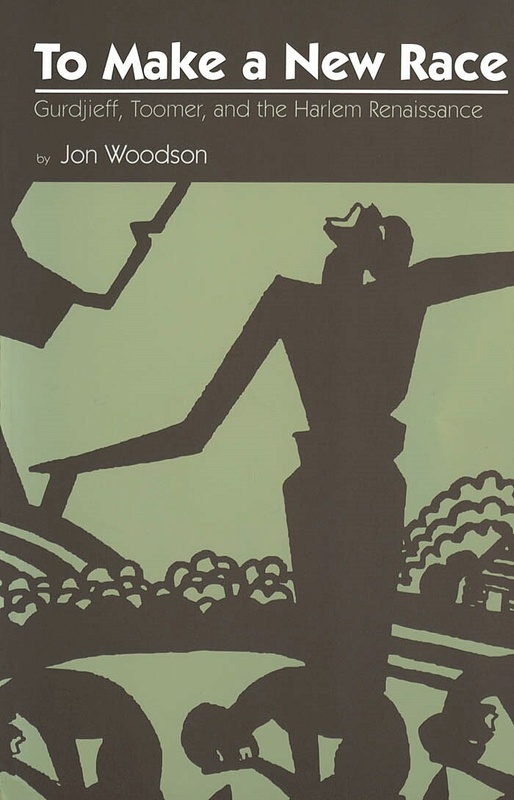To Make a New Race
Gurdjieff, Toomer, and the Harlem Renaissance
Jean Toomer's adamant stance against racism and his call for a raceless society were far more complex than the average reader of works from the Harlem Renaissance might believe. In To Make a New Race Jon Woodson explores the intense influence of Greek-born mystic G. I. Gurdjieff on the thinking of Toomer and his coterie--Zora Neale Hurston, Nella Larson, George Schuyler, Wallace Thurman--and, through them, the mystic's influence on many of the notables in African American literature.
Gurdjieff, born of poor Greco-Armenian parents on the Russo-Turkish frontier, espoused the theory that man is asleep and in prison unless he strains against the major burdens of life, especially those of identification, like race. Toomer, whose novel Cane became an inspiration to many later Harlem Renaissance writers, traveled to France and labored at Gurdjieff's Institute for the Harmonious Development of Man. Later, the writer became one of the primary followers approved to teach Gurdjieff's philosophy in the United States.
Woodson's is the first study of Gurdjieff, Toomer, and the Harlem Renaissance to look beyond contemporary portrayals of the mystic in order to judge his influence. Scouring correspondence, manuscripts, and published texts, Woodson finds the direct links in which Gurdjieff through Toomer played a major role in the development of "objective literature." He discovers both coded and explicit ways in which Gurdjieff's philosophy shaped the world views of writers well into the 1960s. Moreover Woodson reinforces the extensive contribution Toomer and other African-American writers with all their international influences made to the American cultural scene.
Jon Woodson, an associate professor of English at Howard University in Washington, D.C., is a contributor to the collection, Black American Poets Between Worlds, 1940-1960. He has published articles in African American Review and other journals.





